In Germany, all political parties have a colour. The Christian Democratic Union and the Christian Social Union are black, the Social Democratic Party is red, the liberal Free Democratic Party are yellow and the evil fascist Alternative für Deutschland are blue. This coming Sunday, Thüringen and Saxony will hold state elections, and the blue AfD is leading the polls in both states with about 30% support. This has a lot of people very, very upset. Most of them are merely upset with the AfD, but some psychologically unstable people have allowed their anger to embrace the colour blue more generally, because there can be no limits when it comes to resisting the evil antidemocratic forces of fascism.
Among the new sworn enemies of the blue band of the visible electromagnetic spectrum are the marketing team at Germany’s largest supermarket corporation, the Edeka Group. A few days ago, this supermarket chain, whose own logo strangely enough is primarily blue…
…ran an ad in Die Zeit and the Frankfurter Allgemeine Zeitung explaining “Why Blue is Note on Offer at Edeka”.
That wall of text in the middle reads as follows:
Yellow bananas, red tomatoes, green lettuce, purple grapes, orange carrots, pink dragon fruit… Edeka’s fruit and vegetable department is full of colourful diversity. Or is it?
If you look closely, there’s one colour you won’t see: blue. And that’s no coincidence. Because blue food is nature’s way of warning us: “Watch out! I could be harmful!”
Evolution has taught us that blue is not a good choice.
And speaking of choices: blue is not only the natural enemy of a healthy diversity of fruit and vegetables. In Germany, ‘the blues’ are also the biggest threat to our diverse society.
So let’s read the warning signs correctly ahead of the state elections in Saxony, Thüringen and Brandenburg in September – and ensure that we can live together in harmony. Because we love diversity.
For those wondering whether Edeka has decided to cease selling fascist blue fruits like blueberries, there is a helpful note down in the corner:
There we learn that, while “‘Blueberries’ or ‘Blue cabbage’” may have “‘blue’ in their names”, their “colour pigments” are not blue. This is “at least what Science tells us – and as we know you should always listen to Science more”. Nothing about this is remotely obnoxious; indeed, if current-year Germany needs anything, it is more blind platitudinous calls to Follow the Science – particularly when it comes to exonerating innocent fruits and vegetables from suspicion of blue fascism.
One could say many things about this brave anti-fascist stance against the colour blue.
Firstly, all the right people thought the ad was just wonderful. Katrin Göring-Eckardt, the odious Green politician we met in Wednesday’s post, calls the campaign an “Important message”. “Thank you, Edeka!” she exclaims, before proceeding to recommend that voters cast their ballot for the Greens instead, because they have a “natural colour in their name that offers protection against the blue-brown” fascists. The AfD, by contrast, is highly unnatural, its colour being associated only with evil anti-democratic things like the sky and the ocean and a wide variety of birds and so on.

Secondly, Edeka did not always Follow the Science in denying plainly blue blueberries their blueness. As German Twitter has discovered, as recently as last year it was running wise-brown-man ads like this one, declaring that “blueberries are only really sweet when they are blue”.
Thirdly, while Edeka tried to keep its anti-blue ad campaign confined to newspapers that AfD voters don’t read, it was so dumb that it blew up across the internet. This has left many Edeka franchisees in the east desperately distancing themselves from the campaign lest they piss off valued customers. Particularly in Sachsen-Anhalt, store owners are posting images of the ad crossed out with a massive (I guess socially democratic) red X…
…and assuring their clientele that they “do not take any position on political issues” and explaining they “cannot understand why Edeka has expressed itself with such posts”.
Finally, of course, Edeka was not always so antifascist. In the years when it counted, it was in fact a staunch supporter of the National Socialist regime. Here, for example, is how Edeka recommended its affiliates arrange their display windows for the May 1st workers’ holiday in 1936:
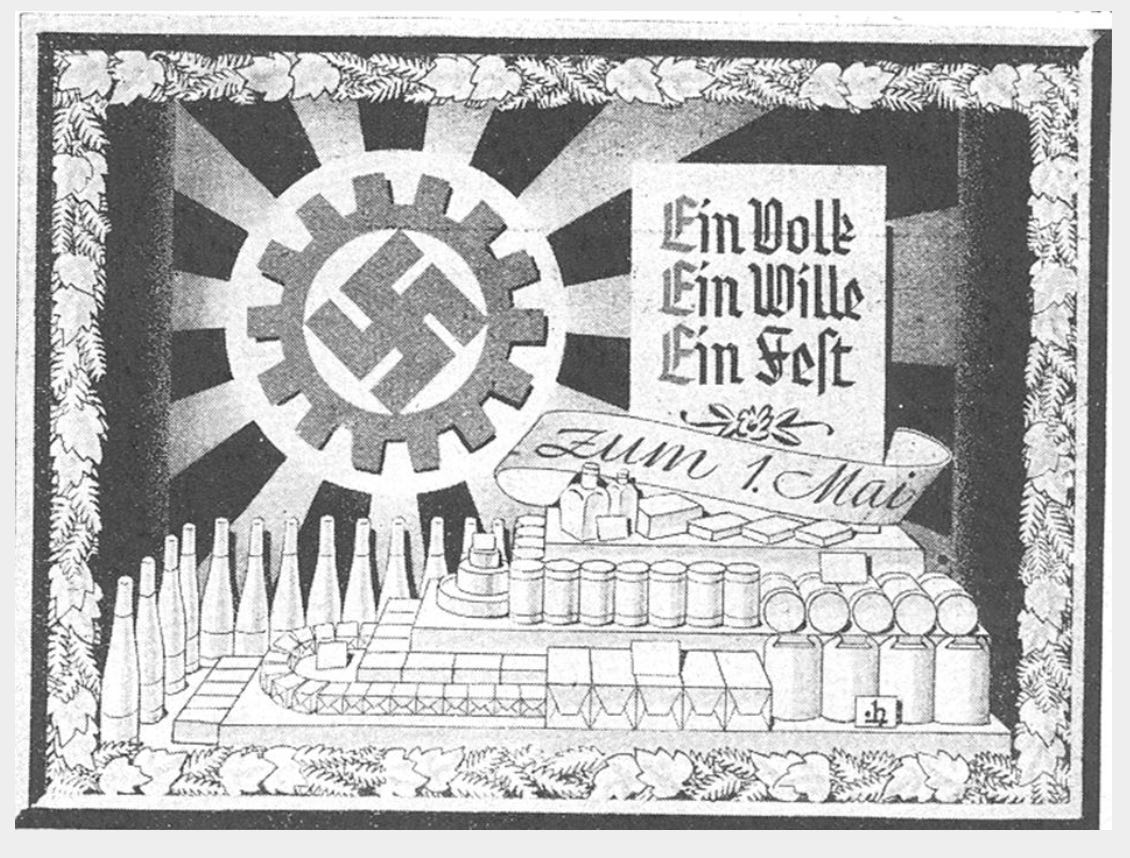
Edeka’s current-year anti-fascism is of exactly the same flavour as its 1936 Nazism. It is a mere conformist, who will loudly support whatever the current thing happens to be. Perhaps it should shut up about politics for once and just sell the bloody groceries.
This article originally appeared on Eugyppius’s Substack newsletter. You can subscribe here.
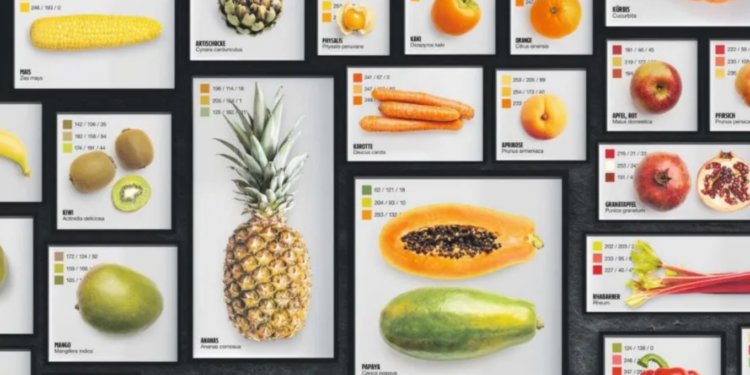
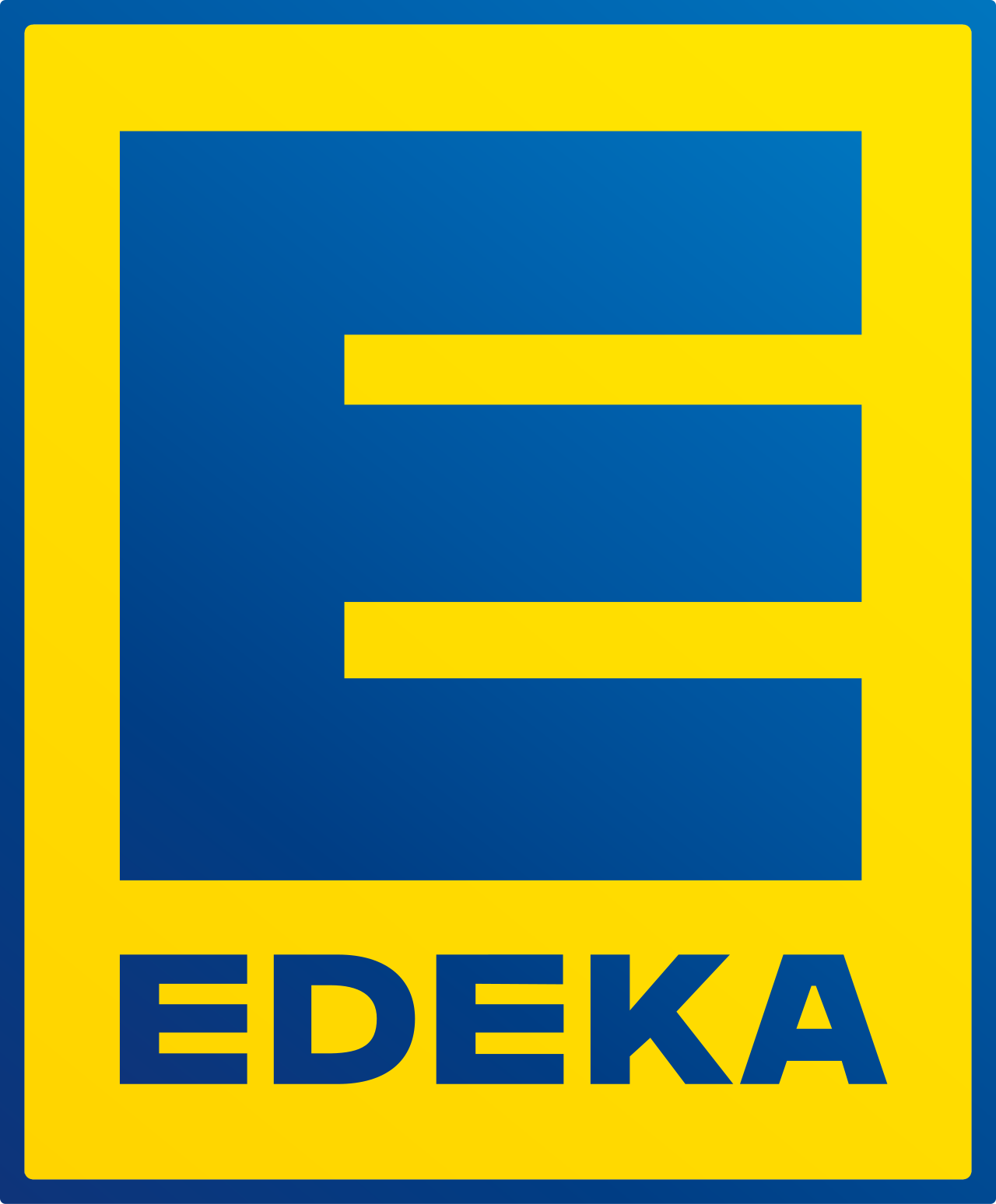
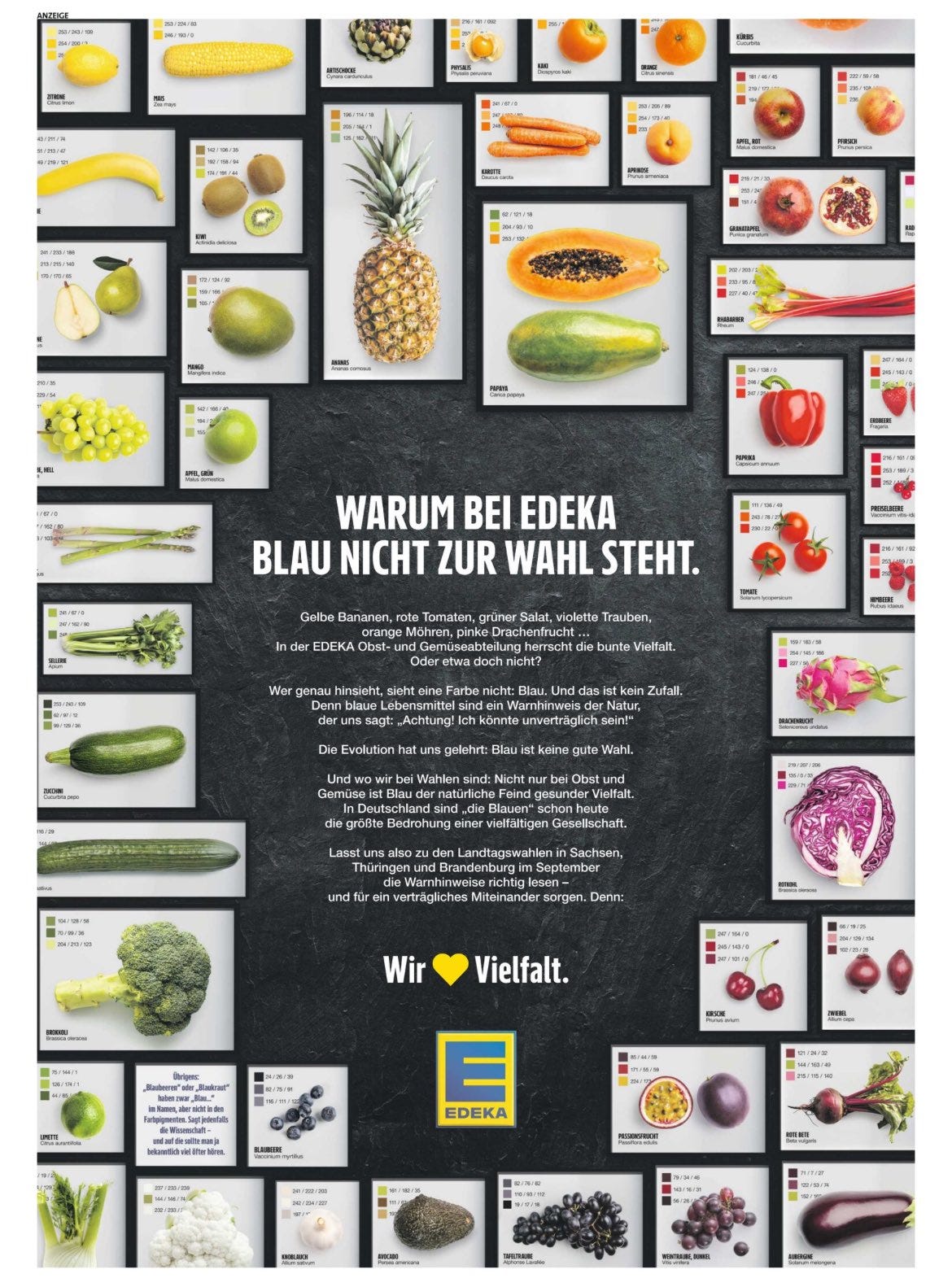
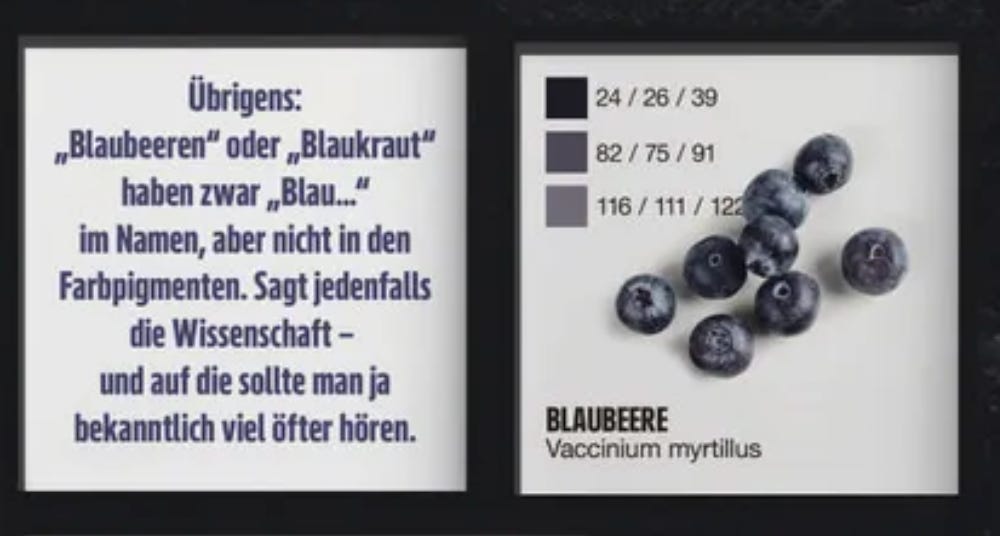
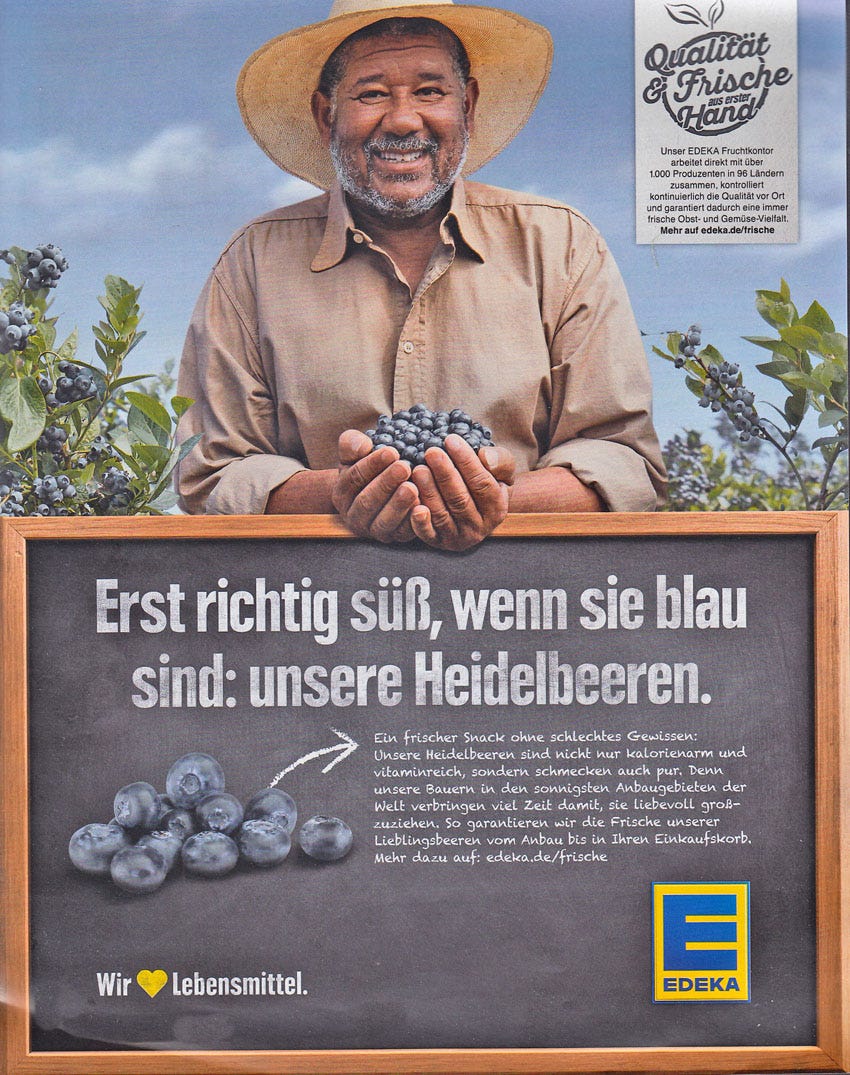
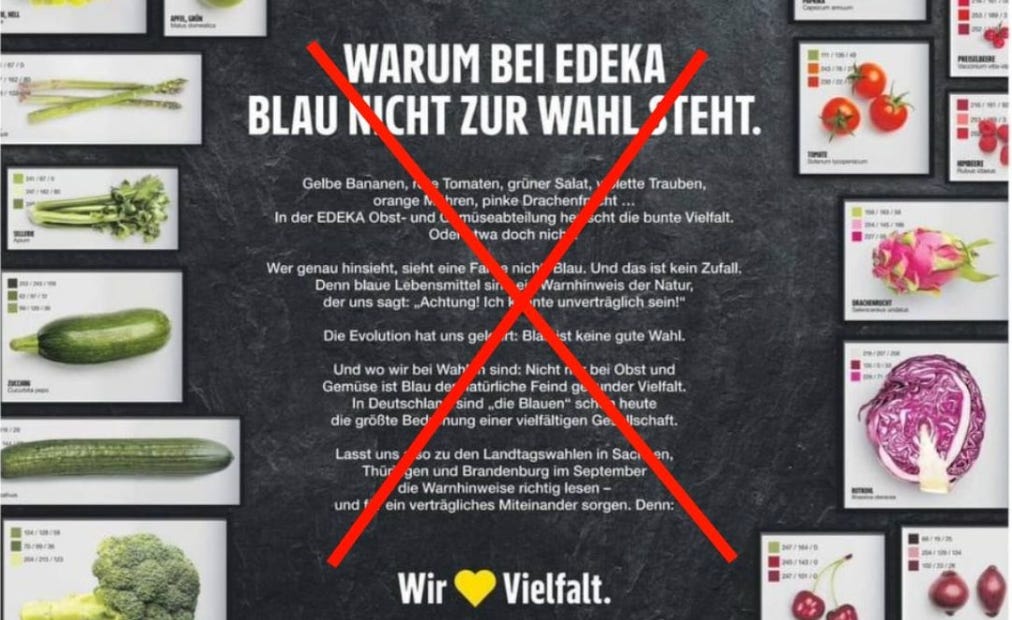










To join in with the discussion please make a donation to The Daily Sceptic.
Profanity and abuse will be removed and may lead to a permanent ban.